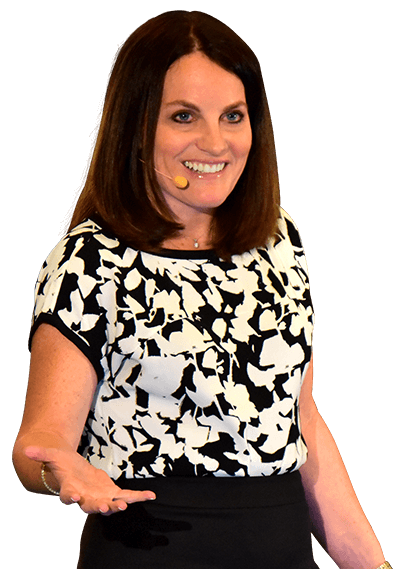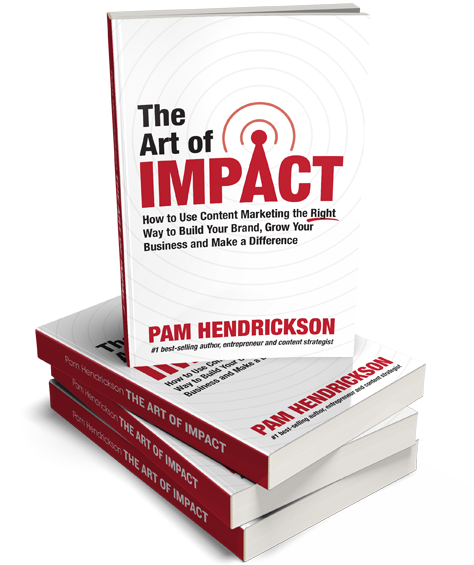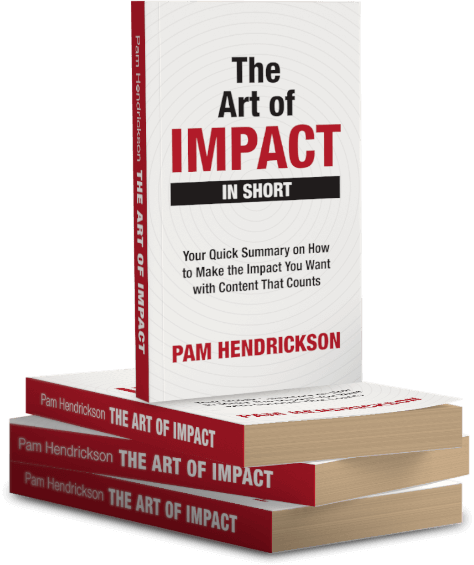I must have given the same feedback and direction 27 times in the last three months to a marketing team that I am currently coaching and training. And so when I’m asked to bail them out, in the moment of urgent desperation, the immediate temptation is to remind them how many times I’ve told them before. As in, “This is not working – not because of me, but because you guys can’t get it together after 27 times of me showing you exactly what to do.”
But here’s the truth: It is my fault. It is my responsibility. And it’s likely because I haven’t taught them in a way that they best learn or respond. If they’re not getting it, regardless of their skill set or experience, it is up to me to compassionately, warmly and clearly give them what they need.
Not because they’re paying me (although of course I need to deliver for that reason too), but because it’s the right thing to do. My job is to get the result, which often means navigating through the waters of various skill sets, attitudes, and experience by the team members.
What is defensiveness about? I’m sure the root of it is based in fear – fear of failure, fear of looking bad, fear of how we’ll look, or fear that maybe we don’t really know what we’re doing as well as we would like to think. It’s a protection mechanism that if things don’t go right, we don’t want to be perceived as the person to blame.
At a deeper level, I really believe we are defensive outwardly because we are our own worst critics. The pain of beating ourselves up can be so great at times, we protect ourselves in whatever ways we can. We deflect, rationalize, and lash out to avoid the deeper pain of not living up to our own expectations for ourselves.
When Jim Rohn said, “Work harder on yourself than you do on your job,” this is one of the things he was talking about.
The biggest limitations we have in our businesses aren’t related to strategy (although we need those too). It’s our ability to implement those strategies and give our gifts at the highest level—which means managing our psychology so that we don’t let our fears stand in the way.
The next time I am defensive, I am committed to breaking that pattern and turning it back on myself. You have my word, and my permission to intervene if necessary.




Here’s another viewpoint. As you know because you interviewed me for your post at , I’m a teacher. One of the signs I’ve posted in my classroom proclaims that “Fault is a swear word.”
What I mean by that is that talking about whose fault something was is almost always unhelpful, because it only serves to make someone feel bad (much like other swear words). Assessing blame blame also pulls the discussion away from more important things, such as what actually needs to be done. The sooner we can move the conversation away from whose fault the problem is, the sooner we can start working on solving it.